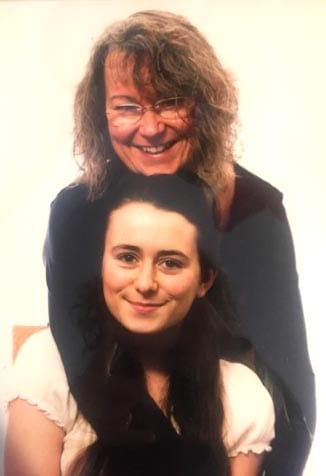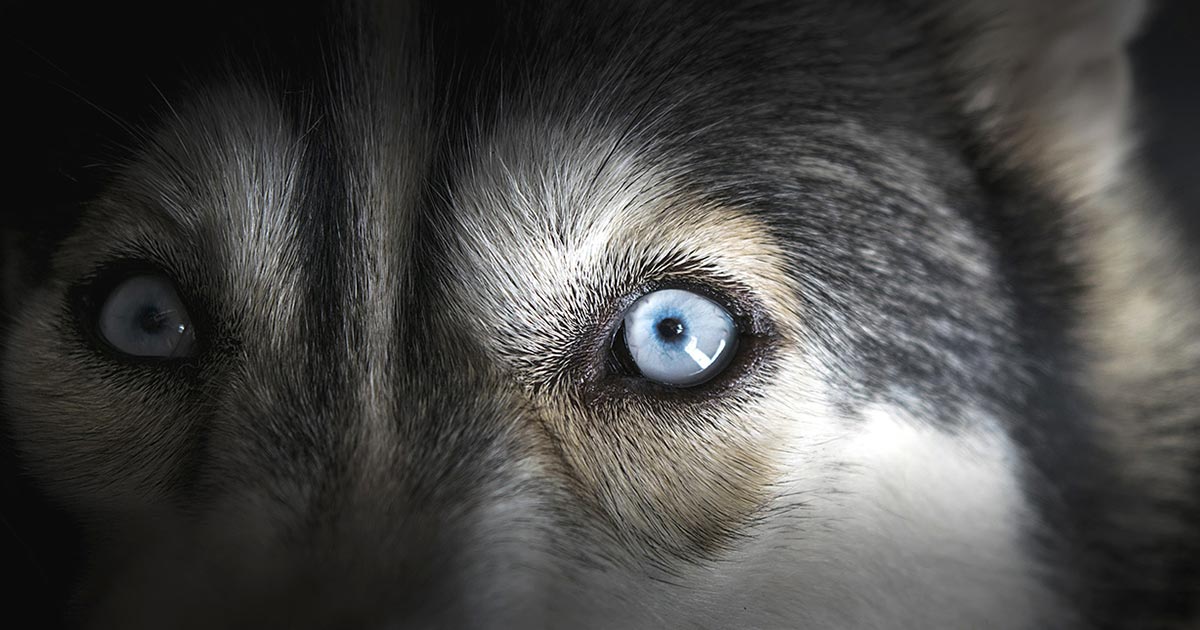It has long been a fear – among those inside the profession and outside – that university places to study veterinary medicine are not as accessible as they should be.
There is a perception the course, if not the vocation, is slightly elitist – not helped by the impression of most clients that the medical bills they are unaccustomed to paying for themselves mean vets must be absolutely rolling in it.
I certainly think of myself as extraordinarily lucky to have snagged one of the over-subscribed university places four years ago. I had parents who could afford the time and who were willing to drive me to various EMS placements, and I lived in close proximity to friendly veterinary practices with the patience to have me shadowing them every week.
Resources
I also went to a school with the resources to support me through my studies and had a stable and happy home life, which gave me the secure space I needed to revise and prepare for interviews. I even had a grandmother willing and able to drop everything to fly to the other end of the UK for my Edinburgh interview at pretty much last minute’s notice.
Veterinary medicine is an incredibly competitive, and sometimes arduous, application process, and even students with all the money, time, and educational and familial support in the world struggle to make it in.
I can only imagine how the added pressure of COVID-19 could have made this process so much harder and reduced its accessibility even further.
Striking a toll…
When you combine the mental health pandemic secondary to the coronavirus pandemic with the mental health crisis affecting medical students at every stage of their training – even as early as pre-interview – it becomes apparent how striking a toll this year may have had on some would-be vets.
Money can also, unfortunately, be a crucial factor when applying to any university position. With the financial burden impressed on countless families since the start of 2020 – and with national unemployment sky-rocketing – the door to further education may be closing to many more.
Parents worrying about job losses and money problems may be less able to support a child through the application process, and those students coming from complicated or disruptive households have not had the option to take their studies elsewhere – namely a café or school library.
Tears in tiers
Those students who have remained in Tier 3 for the majority of the year will have been hit harder by these factors than those in lower tiers.
Concerns have also risen for international students and maintaining diversity in the course. Overseas vets and vet students are invaluable in many facets of veterinary medicine – for example, they make up a large proportion of vets working in food safety and public health.
I think it’s important that universities consider an application from every angle and consider the less obvious setbacks brought about by COVID-19 that are perhaps being over-looked. I want the veterinary community to be diverse and self-supporting, and this starts at the very beginning.











